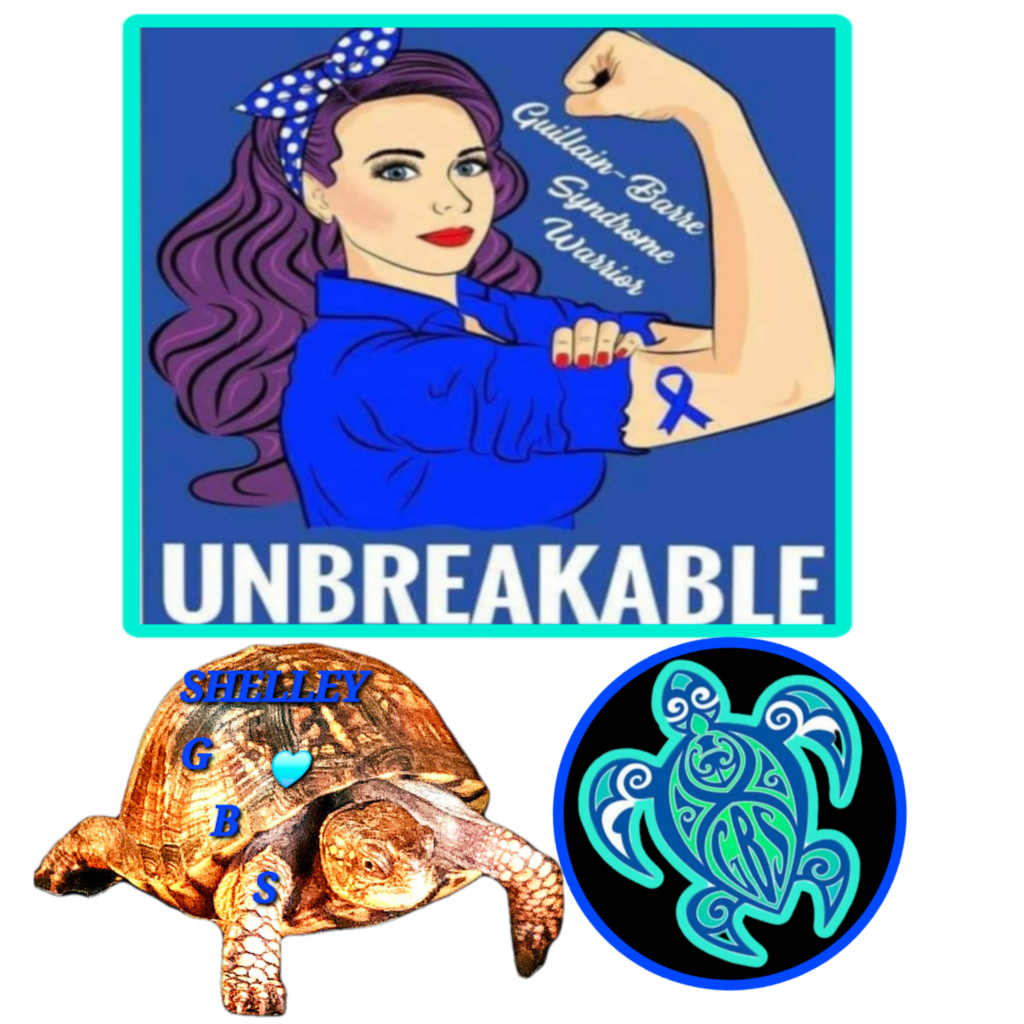
TiffanyHamilton 10/14/24
Navigating Life After a DUI Charge:
A Journey of Resilience and Advocacy.
Facing a DUI charge can be a daunting experience,.P
articularly when you know in your heart that you did nothing wrong.
This is the reality for many individuals who find themselves accused of driving under the influence.
When complicated by underlying health conditions such as Bell’s Palsy and Guillain-Barré Syndrome (GBS) or Chronic Inflammatory Demyelinating Polyneuropathy (CIDP).
For those of us who have battled these rare autoimmune disorders, the emotional physical toll can be profound.
With a misunderstanding surrounding our health has Impact of GBS/CIDPGuillain-Barre Syndrome is a rare condition that affects the peripheral nervous system, leading to muscle weakness and paralysis.
Chronic Inflammatory Demyelinating Polyneuropathy is a related condition that can cause progressive weakness and sensory dysfunction.
Both disorders can lead to physical limitations that may be misinterpreted by others, particularly in situations where one’s ability to perform tasks.
When I was accused of DUI, I was not under the influence of alcohol or drugs.
My symptoms from GBS/CIDP played a significant role in how I was perceived by law enforcement and the legal system.
The fatigue, muscle weakness, and other impairments associated with my condition were mistakenly viewed as signs of intoxication.
The misunderstanding emphasizes the importance of educating others about the complexities of the conditions and advocating for oneself in challenging situations.
The emotional toll of a dUI charge can lead to a whirlwind of emotions—anger, frustration, and confusion.
It’s disheartening when they misjudged you especially when the reality of your situation is rooted in a legitimate medical condition.
The stigma associated with DUI charges can be overwhelming, pushing individuals into isolation or self-doubt.
For many, including myself, the aftermath of such an accusation means navigating legal repercussions, potential fines, or even license suspensions.
These consequences can further complicate daily life, particularly for those managing chronic health issues.
The stress of dealing with the legal system can exacerbate existing symptoms of anxiety and depression.
This making it crucial to seek support from friends, family, and mental health professionals.
Finding Support and AdvocacyIn the face of adversity, connecting with support groups and advocacy organizations can provide a lifeline.
These platforms not only offer emotional support but also empower individuals to share their experiences and educate others about the realities of living with autoimmune disorders.
Engaging with communities that understand the unique challenges faced by those with GBS/CIDP can foster a sense of belonging and resilience.
Additionally, it is essential to work with legal professionals who understand the nuances of your situation.
A knowledgeable attorney can help advocate your rights, ensuring that your medical condition is taken into account during legal proceedings.
This representation is crucial in dispelling misconceptions held by law enforcement and the judicial system.
Moving forward with hope during this journey through a DUI charge can be incredibly challenging.
It is essential to focus on your future and what can be controlled.
Celebrating victories making progress in your legal case or finding ways to manage your health can make sense of hope.
Ultimately, the experience of being accused of DUI due to a misunderstanding of health condition becomes a catalyst for advocacy.
By sharing my story and raising awareness about GBS, CIDP, and the implications of living with chronic illness.
I hope to inspire others to stand strong in the face of adversity.
Together, we can challenge stigma and promote understanding, paving the way for a more compassionate society.
